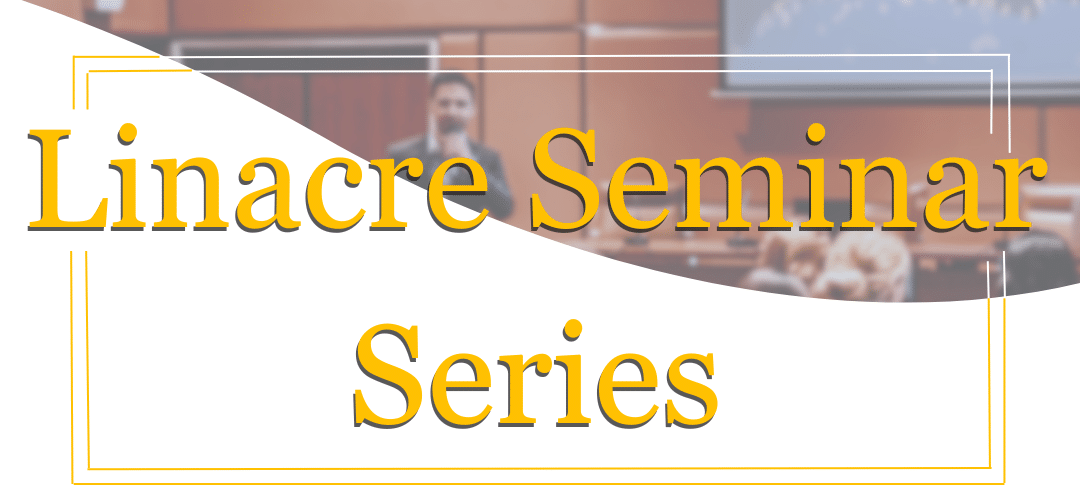Join us for the second seminar of the Trinity Term series. The speakers will include:
Chair: Tarick El-Baba
Speakers:
Claire Guimond – How to Detect Atmospheres on Rocky Exoplanets (Or Not)
Alex Lau-Zhu – Intrusive Mental Images and Mental Health: New Ideas From Trauma Research
Claire Guimond came to Linacre after completing a PhD in Earth Sciences at the University of Cambridge, with previous positions in Berlin and Montreal. Her research uses theoretical geochemistry and geophysics to uncover the nature of rocky exoplanets. She is trying to bridge people in the various departments that could help with this sort of thing.
Astronomers are racing to find signs of life on exoplanets, planets orbiting stars beyond the Sun. However, “habitability” is not something we can measure, and even the first step — inferring which of these planets have atmospheres — is challenged by potentially confusing false positive signals. I will argue that understanding the possible geology of these worlds will be crucial in determining whether an observed signal could be coming from a planet’s atmosphere.
Alex Lau-Zhu is a Medical Research Council Clinician Scientist Fellow at the Department of Experimental Psychology and a Clinical Psychologist with Oxford Health, working with young people affected by complex trauma. His research focuses on advancing clinical innovations for youth mental health (ages 12-24) through the lens of cognitive science, particularly mental imagery—from vivid flashbacks of the past to worst-case future “flashforwards.” Currently, he is exploring trauma, anxiety, and autism. Originally from Peru, he spent part of his early years in China and has lived in the UK for the past 16 years.
Psychological trauma affects many, with some individuals developing clinical distress. A key symptom involves intrusive memories—vivid mental images that replay aspects of the traumatic event. These memories are central to disorders like PTSD but also play a significant role in depression and anxiety. In this talk, I will explore how experimental psychology can model the development of intrusive memories following trauma. By examining these memories through the lens of mental imagery, we can discover novel and unexpected interventions, such as using the popular shape-fitting game Tetris to disrupt mental imagery and alleviate traumatic stress, with potential applications beyond trauma.





















